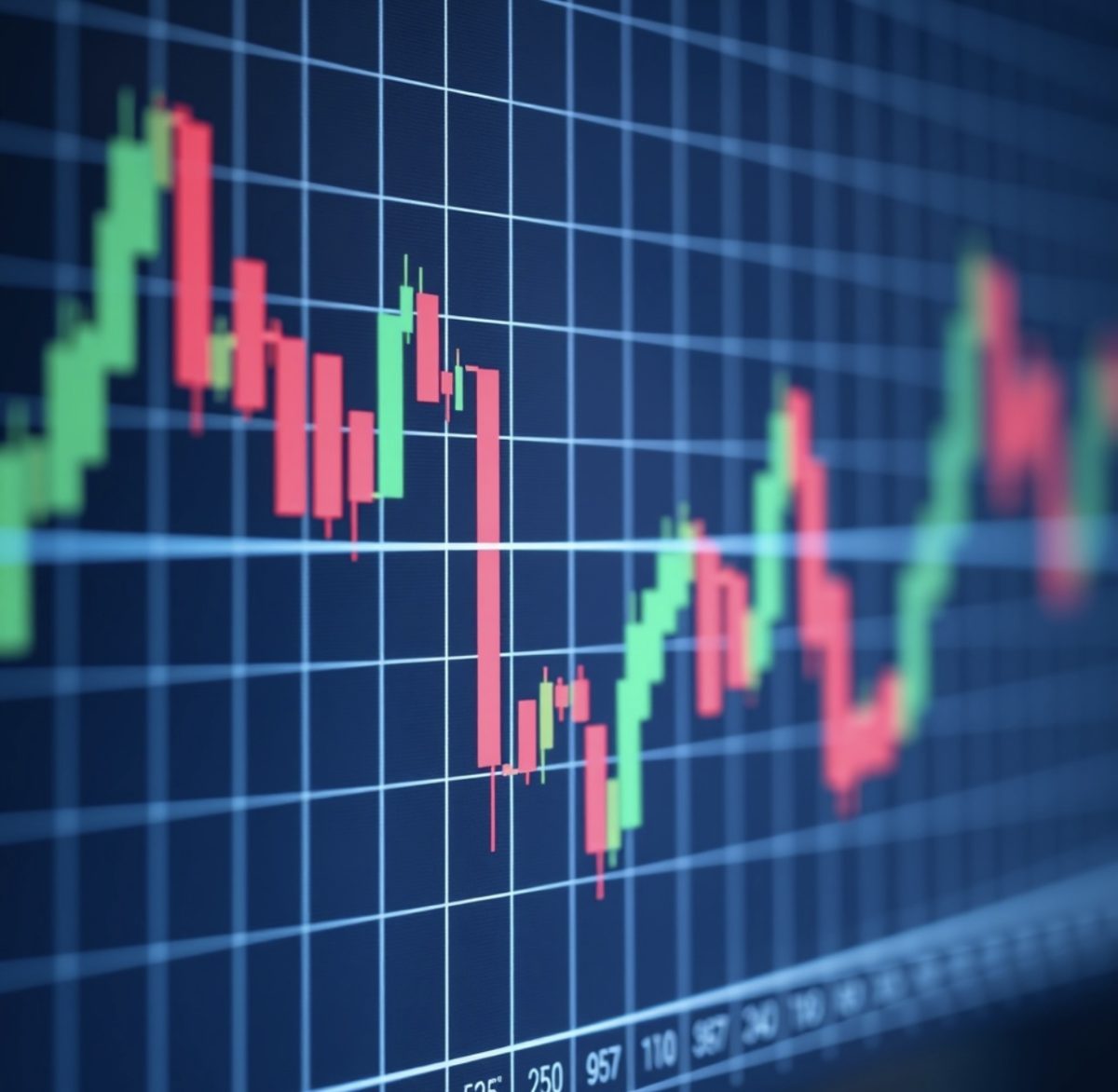On Nov. 5, almost immediately following Donald Trump’s reelection in the presidential election, there was a surge in the stock market across various sectors. Notably, the value of Bitcoin skyrocketed to $90,000, likely due to Trump’s declared promise to establish a bitcoin reserve when in office.
Soon after, the overall global crypto currency market rose to a staggering $3 trillion. As reported by Daniele D’Alvia, a lecturer in Banking and Finance Law at Queen Mary University of London, “investors [expect] to price in Trump’s promises of tax cuts and tariffs, fuelling the dollar and sparking a sell-off in US government bonds. Promises of corporate tax cuts and deregulation tend to encourage financial innovation, making markets more active.” These trends occur as investors adjust their strategies based on the regulatory changes and economic policies that went into effect during his first presidency.
Ishita Samant, a junior, stated “I think it’s interesting that we’re able to see such changes taking place in real time, you know how investors and traders are making predictions and actively preparing for what they think is going to happen with the economy once Trump is inaugurated into power.”
As Trump had declared during one of the presidential debates, he plans on reducing overall regulatory burdens on companies, effectively lowering their costs. However, the oil industry is not supposed to see a significant increase in stock market value. An economic analyst working with Barron’s Market Data Center shares “ [Trump’s] ideology could lead to overproduction at a time when the oil market already looks as if it’s on the brink of a significant oversupply. Citigroup, for one, thinks international oil prices could slip from around $70 a barrel now to an average of $60 next year. That’s a bad setup for oil stocks, which are unlikely to keep rising when the commodity declines.”
Moving forward, financial analysts are advising to avoid making decisions based entirely on election results, as many other factors still exist that can influence the rise and fall of the stock market.


































